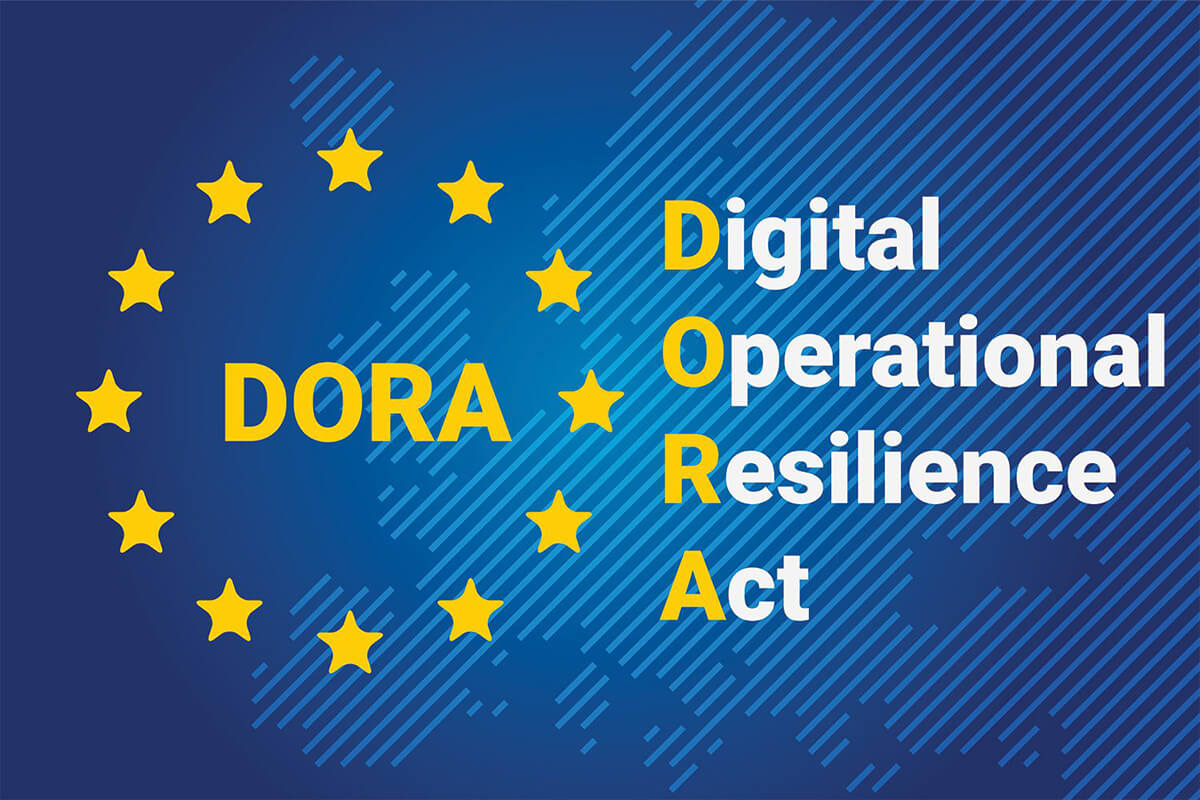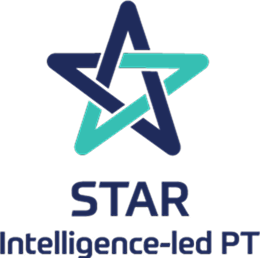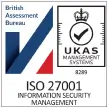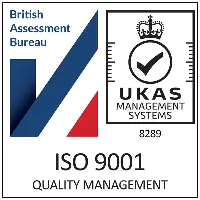Digital Operational Resilience Act Exploring DORA
Learn about the Digital Operational Resilience Act (DORA) and how it strengthens cybersecurity and risk management in financial services.

What is DORA?
DORA, short for the Digital Operational Resilience Act, is the European Union’s shiny new regulation aimed at strengthening the financial sector’s resilience to cyber threats and operational disruptions. It officially came into force in early 2023, and businesses have until January 2025 to get their act together.
Think of it as a safety net for the digital age. DORA makes sure financial institutions and related service providers can withstand, respond to, and recover from any operational hiccups like cyberattacks, IT failures, or data breaches. It’s not just about cybersecurity; it’s about ensuring your entire digital setup - systems, processes, third-party vendors - can keep the lights on, no matter what.
Share this Article
Who’s covered under DORA?
Now, you’re probably thinking, "Does this even apply to my business?" Great question. DORA covers a wide range of entities in the financial ecosystem, including but not limited to:
- Banks
- Insurance companies
- Investment firms
- Payment service providers
- Crypto-asset service providers
- Crowdfunding platforms
- ICT (Information and Communication Technology) third-party providers working with financial firms
If you’re in or serve the financial sector, chances are DORA has its eye on you. But don’t panic yet; we’ll talk about how to figure out if it’s actually relevant to your operations.
Why is DORA a big deal?
You’ve probably noticed that cyberattacks are on the rise. DORA ensures that financial institutions and their vendors are prepared for the worst, which ultimately keeps the whole ecosystem safer.
Here’s why everyone’s buzzing about it:
- Mandatory compliance: if you fall under DORA’s scope, you must comply. No ifs, ands, or buts.
- Holistic approach: it doesn’t just look at IT systems but also your governance, risk management, and third-party dependencies.
- Hefty fines: non-compliance could cost you more than just your reputation. Think millions in penalties.
- Future-proofing: it’s not just about avoiding fines—it’s about building resilience so your company isn’t caught flat-footed when disaster strikes.
How to identify if you need DORA compliance
Alright, now let’s get to the juicy part: How do you know if DORA is something you need to worry about? Here’s a step-by-step guide to figuring it out:
-
Check your sector
First, ask yourself: What does my company do? If you’re directly in the financial sector, like a bank, payment provider, or investment firm, the Digital Operational Resilience Act for financial services definitely applies. No wiggle room here.
If you’re a vendor providing IT or digital services to these firms, like a cloud provider or cybersecurity company, you might fall under DORA’s scope too. This is where things can get tricky, so keep reading.
-
Examine your client list
Do you work with financial institutions covered by DORA? Even if you’re not a financial firm, providing tech services to one could pull you into the compliance zone. Think about whether your contracts involve critical IT systems, data storage, or operational support.
-
Assess your geographic reach
Are you operating in the EU? The EU Digital Operational Resilience Act is a regulation that primarily targets companies based in or operating within EU member states. If you’re outside the EU but serve EU clients in the financial sector, guess what? You’re still in.
-
Look at your impact
DORA doesn’t apply to every small business out there. The regulation focuses on entities whose operational failures could significantly impact the financial system or customer trust. If you’re handling sensitive financial data or running critical systems, you’re more likely to be affected.
What if DORA applies to you?
So you’ve done the homework, and it looks like DORA might be your next compliance challenge. Here’s what you need to do:
-
Conduct a gap analysis
Start by understanding where you stand. Are your IT systems secure enough? How’s your incident response plan? Do you have backup systems ready to go? A gap analysis will pinpoint areas you need to improve. We can help you with this. So if you need us, request a quote!
-
Strengthen governance
DORA isn’t just about tech - it’s about having the right processes and people in place. Appoint a team or individual to oversee your digital operational resilience strategy.
-
Vendor risk management
If you rely on third-party providers, you’ll need to evaluate their resilience, too. Under DORA, you’re responsible for ensuring your vendors comply with the same high standards.
-
Test, test, test
You’ll need to regularly test your systems for vulnerabilities. This includes running simulations of cyberattacks and other disruptions to see how well your organization responds.
-
Document everything
DORA compliance requires documentation - lots of it. Keep records of your risk assessments, testing protocols, incident responses, and any updates to your systems.
What if DORA doesn’t apply to you?
If you’ve figured out that DORA isn’t directly relevant to your business, congrats! But that doesn’t mean you should ignore it completely. Here’s why:
- Your clients may care: even if you’re not covered by DORA, your financial clients might require you to meet similar standards.
- It’s good business sense: building operational resilience isn’t just about compliance—it’s about protecting your company and customers.
- Future regulations: the digital world evolves quickly. What doesn’t apply today might become mandatory tomorrow.
Why work with a DORA consultant?
Here’s the thing: DORA compliance isn’t a walk in the park. There’s a lot to think about—cybersecurity, governance, vendor management, testing, reporting, you name it. That’s where a DORA consultancy provider (like us!) comes in. We help you:
- Understanding how DORA applies to your specific business.
- Conduct a thorough risk and gap analysis.
- Implement the right tools and processes.
- Train your team on best practices.
- Avoid those hefty fines for non-compliance.
Final Thoughts
DORA is more than just another regulation—it’s a wake-up call for businesses to get serious about digital resilience. If you’re part of the financial sector or work with financial firms, don’t wait until the last minute to figure out if it applies to you. And even if you’re not directly covered, adopting some of DORA’s principles can only make your business stronger in the long run.
Get support with DORA compliance
Ensure operational resilience fit for DORA, through our best in class consultants.
Get DORA consultancy supportTrusted cyber security & compliance services from a certified provider
Get a quote today
If you are interested in our services, get a free, no obligation quote today by filling out the form below.








